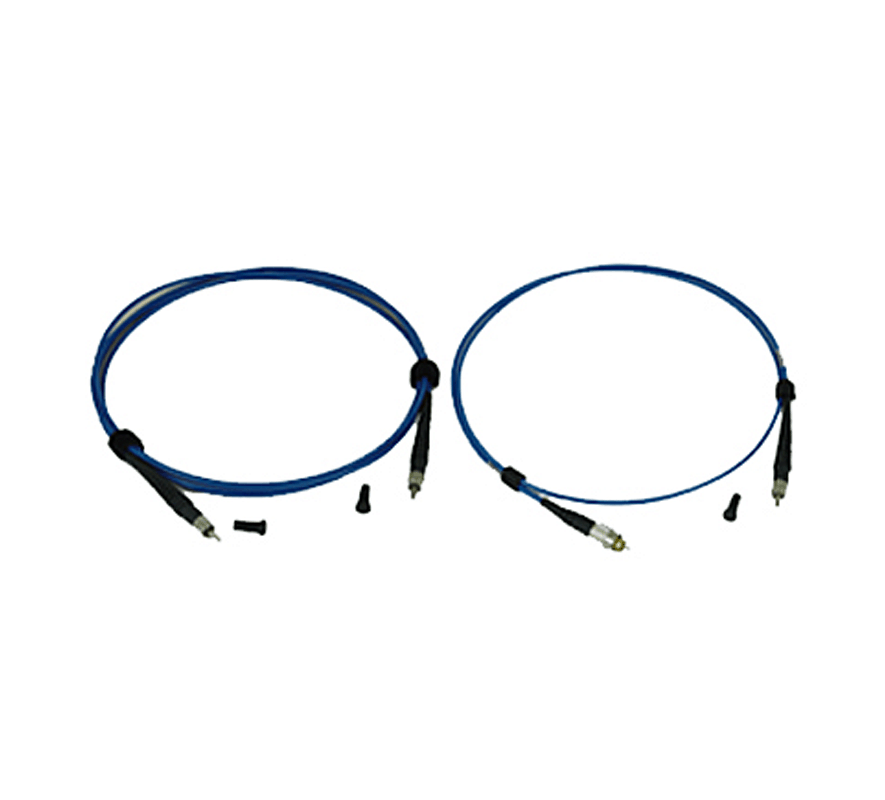The cladding diameter of single mode and multimode fiber is 125 µm.
Multimode fiber sizes.
Multi mode links can be used for data rates up to 100 gbit s.
Multi mode fiber has a fairly large core diameter that enables multiple light modes to be propagated and limits the maximum length of a transmission link because of modal dispersion.
This means that the core to cladding diameter ratio is 50 microns to 125 microns and 62 5 microns to 125 microns.
And the transmission systems designed for use with single mode fiber will typically cost more than 1000.
There are different types of fiber optic cable.
And multimode fiber core diameter is 50 µm and 62 5 µm typically which enables it to have higher light gathering ability and simplify connections.
Multimode fibers originally came in several sizes optimized for various networks and sources but the data industry standardized on 62 5 core fiber in the mid 80s 62 5 125 fiber has a 62 5 micron core and a 125 micron cladding.
The attenuation of multimode fiber is higher than sm fiber because of its larger core diameter.
It is estimated that the transmission costs of multimode fiber including both transmitter and receiver sides will be in the range of 500 to 800.
At present there are four kinds of multi mode fibers.
Multimode fibers are described by their core and cladding diameters.
Multimode fiber is usually 50 125 and 62 5 125 in construction.
Om1 om2 om3 and om4.
Usually the diameter of the multimode fiber is either 50 125 µm or 62 5 125 µm.
Rf broadband signals such as what cable companies commonly use cannot be transmitted over multimode fiber.
What s happening inside the multimode fiber.

